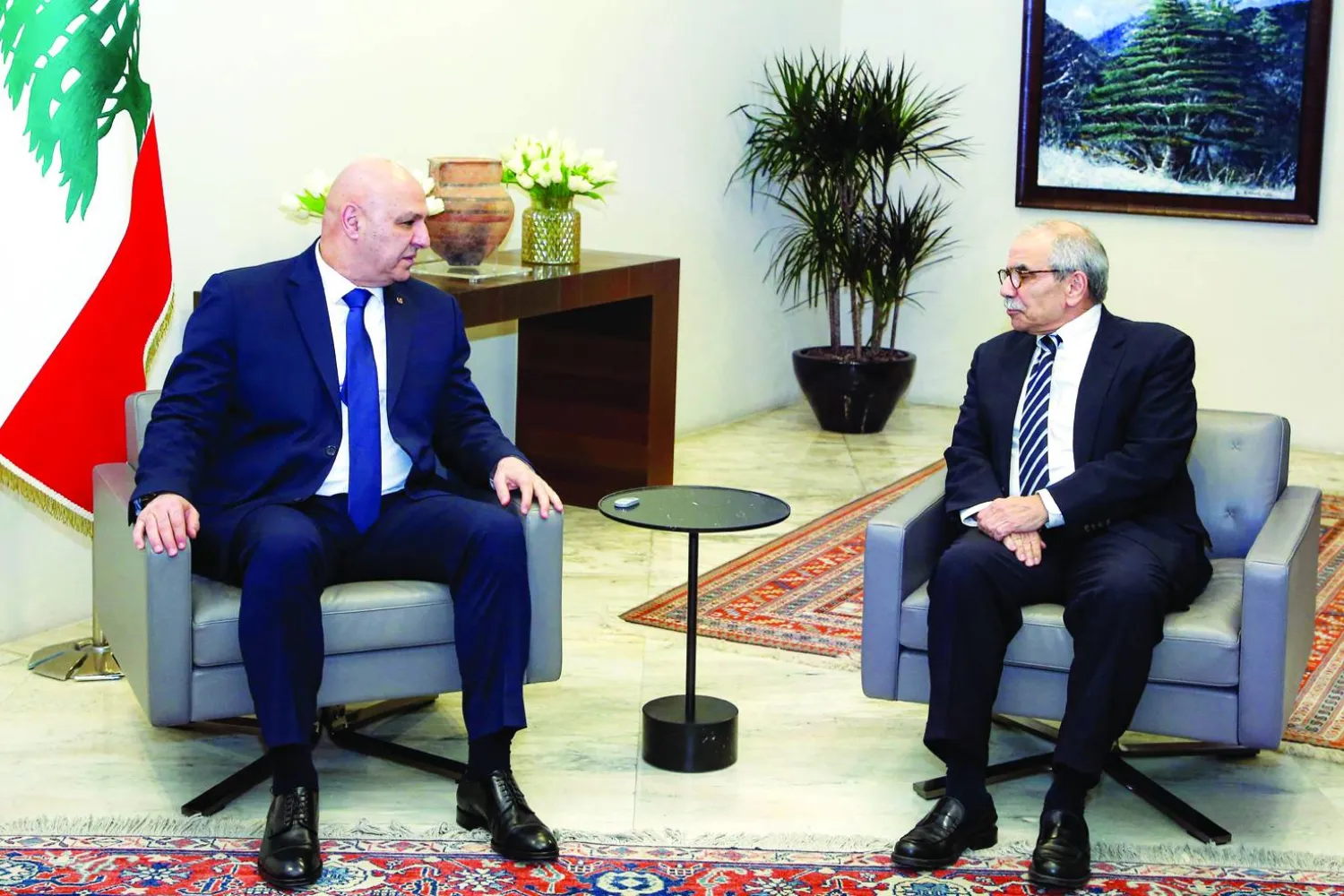Iran must make a first step towards improving relations with countries in the region and the United States by making it clear it does not aim to develop nuclear weapons, UN Secretary-General Antonio Guterres said on Wednesday.
He also said he hoped all parties in Gaza would realize they would benefit from a permanent truce that could open the path to negotiations over a two-state solution and urged countries to ease sanctions on Syria.
"The most relevant question is Iran and relations between Iran, Israel and the United States," Guterres said as he discussed the situation in the Middle East at the World Economic Forum in Davos.
"Here my hope is that the Iranians understand that it is important to once and for all make it clear that they will renounce to have nuclear weapons, at the same time that they engage constructively with the other countries of the region."
The UN nuclear watchdog chief, Rafael Grossi, touched on the same theme in Davos, saying Iran is "pressing the gas pedal" on its enrichment of uranium to near weapons grade.
Iran has always said its program is entirely peaceful and it has the right to enrich uranium to any level it wants.
Reflecting on the situation in Gaza, Guterres said the ceasefire there had so far been successful in allowing in aid to the enclave, but had a warning over any further future action.
"There is a possibility of Israel feeling emboldened by the military successes to think that this is the moment to do the annexation of the West Bank and to keep Gaza in a kind of a limbo situation," he said.
"That would be a total violation of international law ... and would mean there will never be peace in the Middle East."
SYRIA SANCTIONS
Israeli Prime Minister Benjamin Netanyahu has not articulated a vision for Gaza's postwar future beyond insisting the Islamist group Hamas can play no role and stating that the Palestinian Authority – which partially administers the occupied West Bank - also cannot be trusted under its current leadership.
Israeli security forces raided the volatile West Bank city of Jenin on Tuesday in what Netanyahu called a "large-scale and significant military operation". Hamas called on Palestinians in the territory to escalate fighting against Israel.
The UN chief said he was more optimistic about Lebanon, where he believed the ceasefire between Hezbollah and Israel was holding.
Guterres called on countries to ease their sanctions on Syria, to help the country transform after the ousting of Bashar al-Assad, while saying the new government still has to prove it will represent all minorities.
"We still have a strong risk of fragmentation and of extremism in at least parts of the Syrian territory," he said.
"It is in the interest of us all to engage to make things move in the direction of an inclusive form of governance and I think some gesture must be made in relation to the sanctions."







